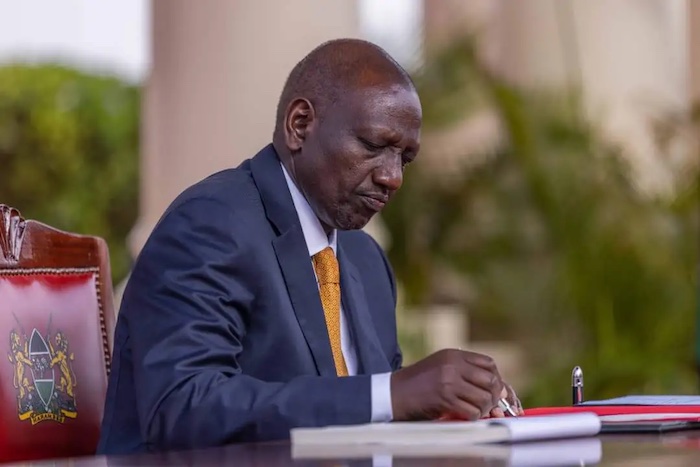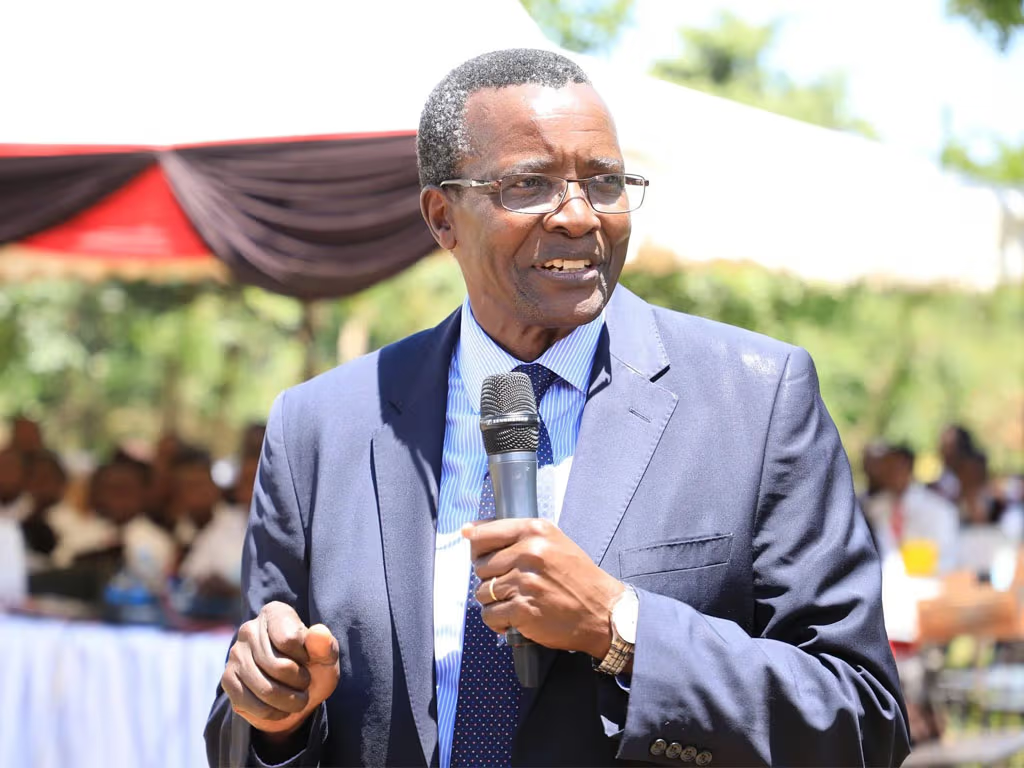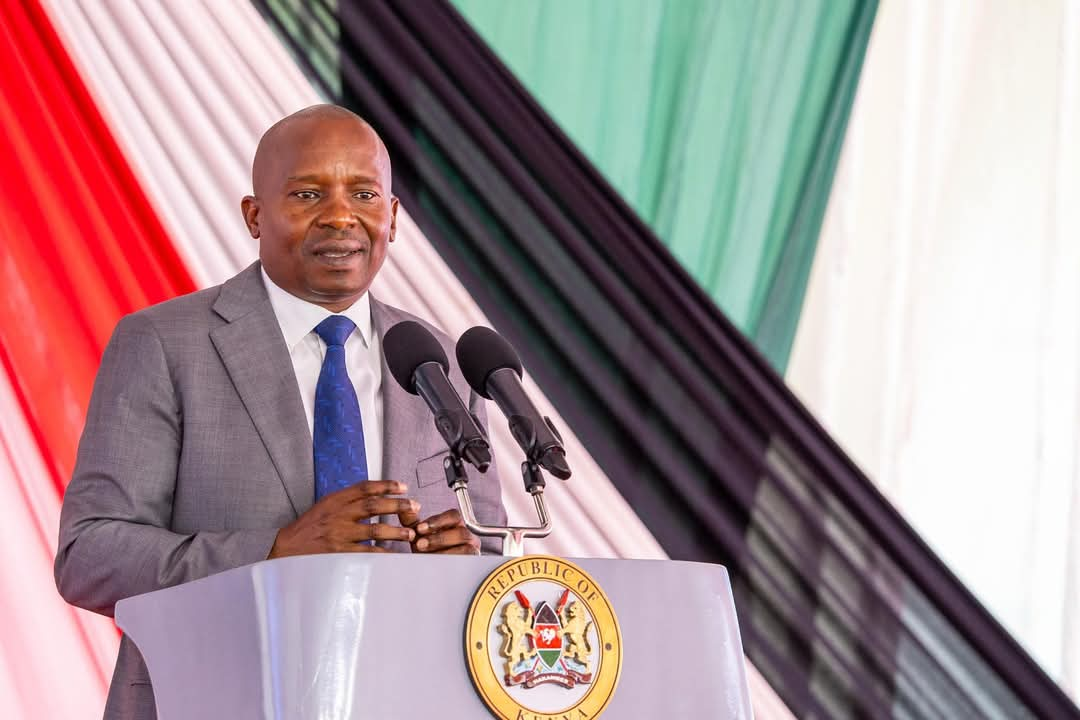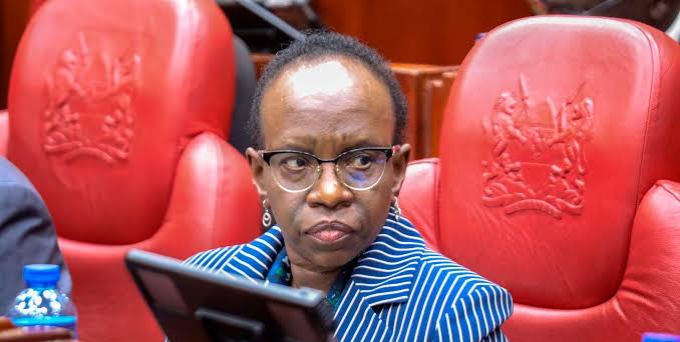Nairobi, October 23- The government has moved to address growing public concern following President William Ruto’s recent assent to eight controversial bills last week.
In separate statements, Lands and Physical Planning Principal Secretary Nixon Korir and his counterpart in the Office of the Prime Cabinet Secretary for Parliamentary Affairs, Aurelia Rono, sought to clarify the intent and content of the newly enacted laws.
Korir particularly addressed confusion surrounding amendments to land laws, explaining that the Land (Amendment) Bill originated from Ruiru MP Simon King’ara (UDA) through a Private Member’s Bill not from the Leader of the Majority, as some reports had suggested.
He said the new provisions require the Chief Land Registrar to formally record all public land allocated by the National Land Commission (NLC) to public bodies or institutions, as well as land designated by developers for public use in their approved plans.
“The amendments also mandate that such registrations be published in the Kenya Gazette to promote transparency and protect public land from future grabbing or private conversion,” Korir stated.
He dismissed circulating claims that the government was converting freehold land to leasehold or introducing new land levies, terming them “misleading and inaccurate.”
Meanwhile, PS Rono issued a public notice through a one-page advertisement in The Standard newspaper on Thursday, October 23, 2025, to clarify the scope of the legislative changes.
“The recently enacted Bills aim to introduce essential reforms and enhance government efficiency especially in tackling emerging crimes and financial risks linked to technological advancements,” Rono said.
She further emphasized that the laws reflect the State’s commitment to transparency, equity, and national transformation.
Rono noted that widespread misreporting had led to confusion and alarm among the public, prompting the need for official clarification.
“Following the assent of these Bills, misinformation about their contents has sparked unnecessary public anxiety. The government is, therefore, duty-bound to inform citizens about their true intent and implications in line with the principles of transparency and good governance,” she added.
President Ruto signed the bills into law on October 15, 2025, ushering in a wave of legal reforms affecting governance, the economy, and the digital space. Among the key pieces of legislation are:
- The National Land Commission (Amendment) Bill
- The Wildlife Conservation and Management (Amendment) Bill
- The Land (Amendment) Bill
- The Privatization Bill
- The Computer Misuse and Cybercrimes (Amendment) Bill
- The Air Passenger Service Charge (Amendment) Bill
- The National Police Service Commission (Amendment) Bill
However, implementation of certain sections of the Computer Misuse and Cybercrimes (Amendment) Act has been temporarily halted by the High Court, pending determination of a case filed by journalists and activists challenging its provisions.
Rono also clarified that the Virtual Asset Service Providers Bill, 2025, introduced by Majority Leader Kimani Ichung’wah, seeks to regulate digital asset activities in Kenya.
“This Bill is designed to address Kenya’s grey-listing by the Financial Action Task Force, by introducing oversight for virtual asset transactions and assigning regulatory roles to the Central Bank of Kenya and the Capital Markets Authority,” she explained.
In her closing remarks, Rono underscored that five of the eight newly enacted laws were introduced by Private Members, reflecting the government’s inclusive legislative approach.
“This demonstrates that Kenya’s democracy values ideas based on their merit and contribution to national development, not on who proposes them,” she concluded.









